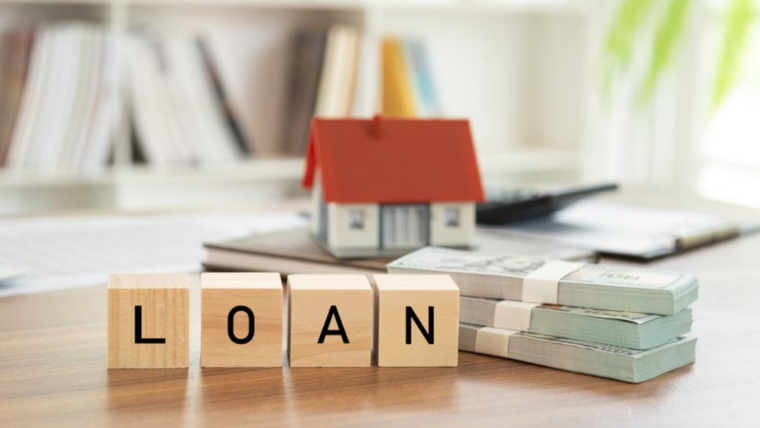A home is one of the biggest financial obligations you can make. Finally, your mortgage was closed. Congratulations! Now that you have a house, you can be happy. One of the most significant choices you’ll ever make is this one. Because of the time and money you’ve invested in it, it’s also one of the biggest investments you’ll ever make.
In order to safeguard your dependents in the event that you die away before paying off your mortgage, you should take the necessary steps. One of your possibilities is mortgage life insurance. But do you really need this?
How Does Mortgage Life Insurance Work? What is it?

A mortgage life insurance policy is a type of term life insurance created to cover the borrower’s outstanding mortgage balance and related costs in the event of the borrower’s passing.
The death benefit is paid out when the borrower passes away under conventional insurance, but these policies are not the same as standard life insurance policies. The beneficiary of a mortgage life insurance policy, on the other hand, is the mortgage lender, and the policy does not pay out until the borrower passes away while the mortgage is still in force.This sort of life insurance is different from others.
Why Do Homeowners Need Protection From Insurance?

Mortgage life insurance only pays off a mortgage when the borrower dies as long as the loan is still owing, as contrast to regular life insurance, which gives you a death benefit to your dependents after you pass away.
Your family would profit greatly if you leave a mortgage behind if you pass away. However, if there is no mortgage, there is no payback.
One thing to bear in mind is that mortgage insurance and mortgage life insurance are not the same thing. The latter is a category of personal insurance that some conventional mortgages demand.
Mortgage life insurance covers you, the borrower, and your successors, whereas mortgage insurance covers the lender in case the mortgagee is unable to pay their debts. The borrower may pay the premiums separately or as part of the monthly mortgage payment.
After your loan has closed, be on the lookout for monthly mailings and phone calls seeking to sell you a mortgage life insurance policy. These questions are frequently presented as official requirements from mortgage lenders.
Mortgage life insurance and personal life insurance have different purposes.

Until your mortgage is paid off, you face numerous financial dangers. If you are unable to pay your bills on time, the bank may decide to sell your house to recoup its losses. Because of this, many homeowners ask a family member, partner, or even a spouse to sign their mortgage. This person frequently helps to lower the financial risk associated with buying a home.
But what happens if you pass away suddenly? It’s possible that your co-signer will be left in charge of the mortgage’s entire financial load. This might put the stability you’ve worked so hard to build in jeopardy. Having insurance in place is essential because it gives your beneficiaries financial security in the case of your passing.
Difference between a personal life insurance policy and a mortgage life insurance policy
Mortgage life insurance covers the outstanding loan sum, which is reduced as it is paid off. Personal life insurance, on the other hand, usually stays the same and is unconnected to your mortgage.
Personal life insurance can support you now and change to meet your evolving needs down the road. A personal life insurance policy may allow for significant adjustments to be made without incurring significant expenditures. The financial situation of your family may change as a result of having children (or as they age), and personal life insurance can assist you in adjusting to these new financial realities.
You have the choice to buy mortgage life insurance as a mortgage borrower. If you die away, it’s supposed to pay off or lower your mortgage. The remaining sum on the mortgage is always deducted from the insurance proceeds. Even if the primary source of income that was previously used to pay the mortgage is no longer available, this can help your family while they continue to live in their home.
Your life insurance policy expires once your mortgage is paid off. Your life insurance policy will continue to protect you and your family in the future unaffected by the settlement of your mortgage.
A financial institution may usually provide mortgage life insurance quickly and easily, with only a few health-related questions to be addressed. Personal life insurance, on the other hand, typically requires more time and a detailed review of your medical background.
You can reduce your loan balance with the use of personal insurance and mortgage life insurance. You must continue to pay regular premiums for either kind of insurance in order to keep the coverage in effect. However, in the case of mortgage life insurance, your mortgage lender, not the beneficiaries you specify, is the policy’s beneficiary.
Your mortgage balance is reimbursed to your lender if you pass away. Although your mortgage will be paid off, none of the money will go to your surviving family members or close friends.



